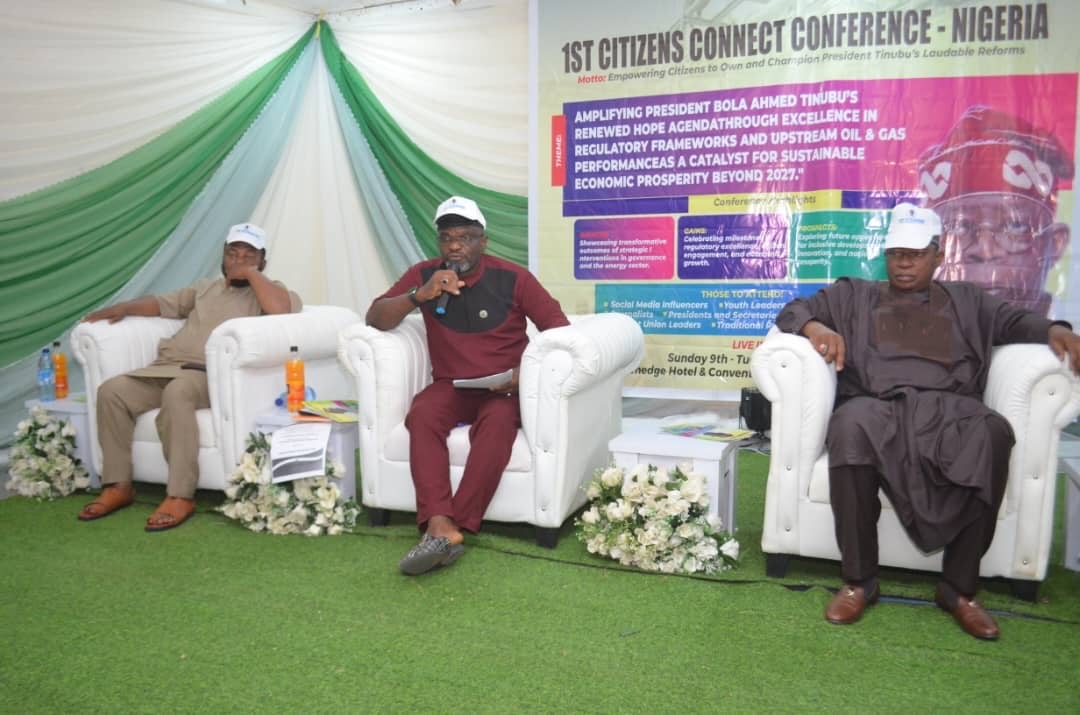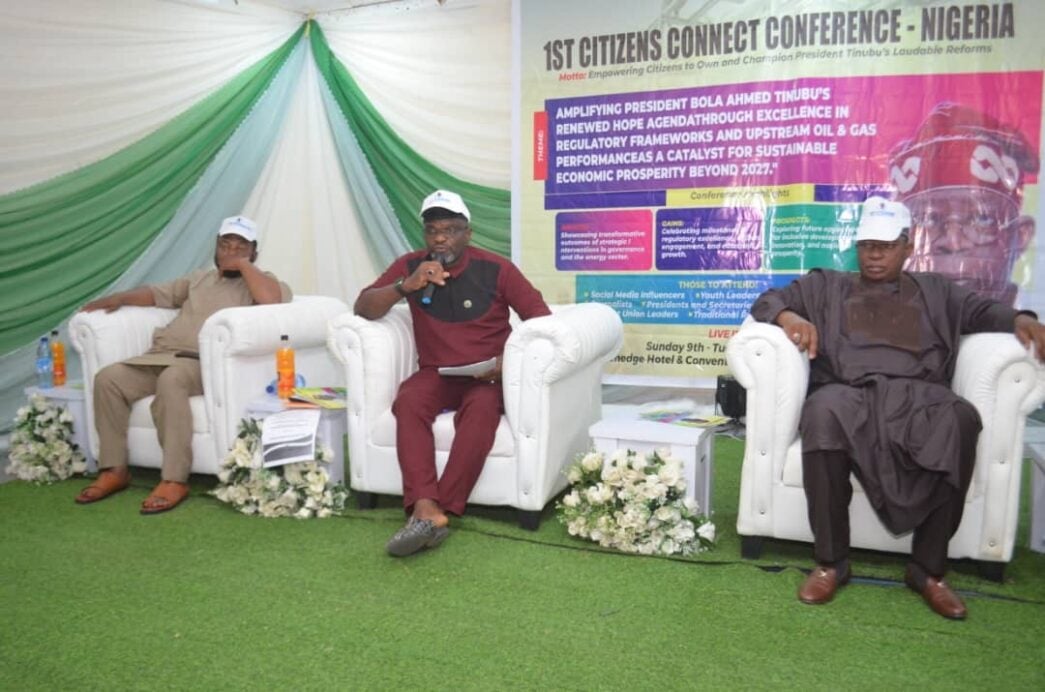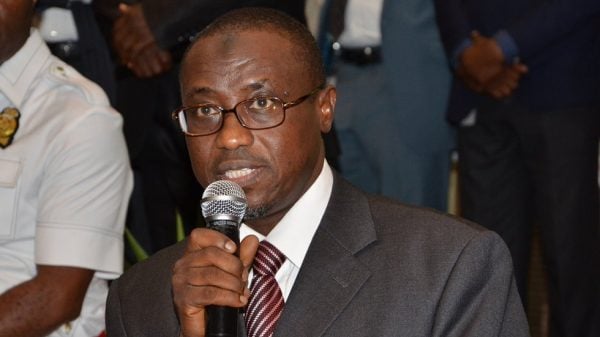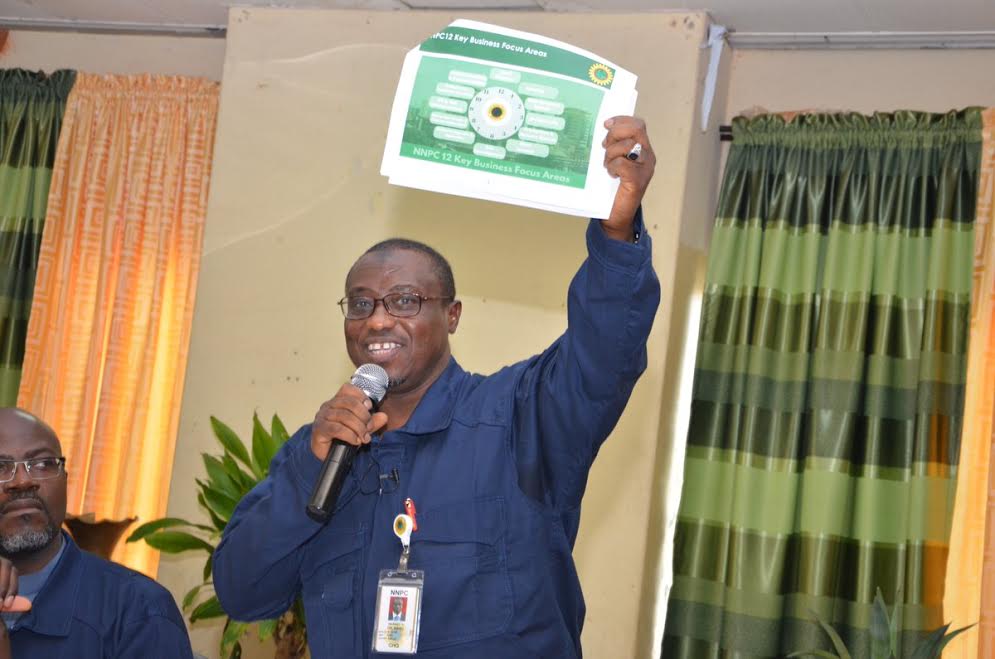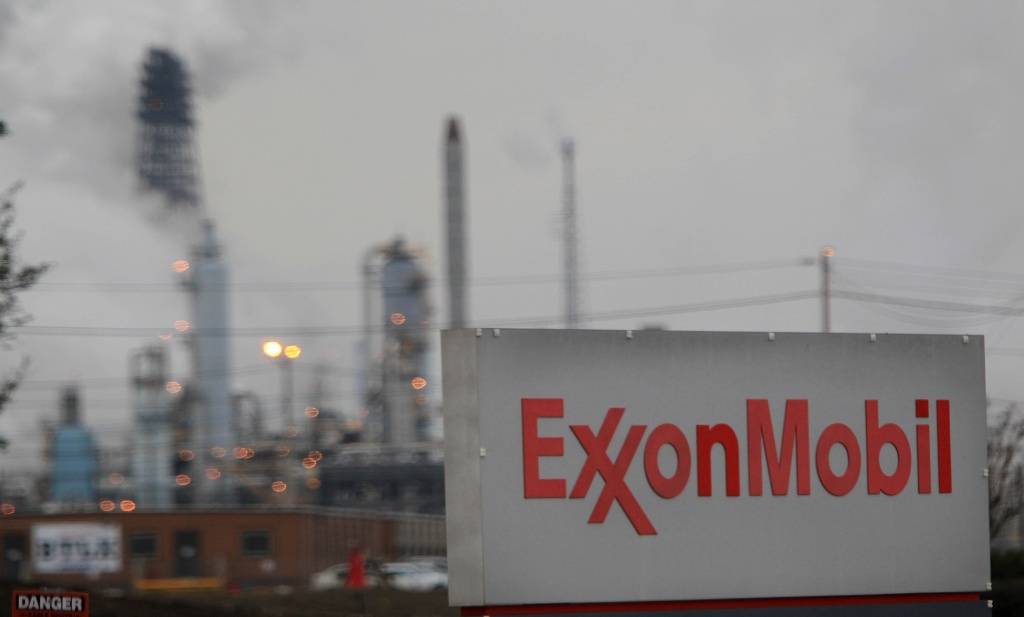Stakeholders from the seven states in Nigeria’s north-west have called on the federal government to prioritise accountability and deploy advanced technology to tackle oil theft as part of efforts to sustain ongoing reforms in the oil and gas sector.
The call was made at the ongoing three-day 1st Citizens Engagement Conference in Kaduna, where participants also commended President Bola Tinubu’s administration for what they described as bold and necessary reforms to revive the economy and promote national unity.
The conference, which began on Monday, brought together traditional rulers, academics, policymakers, civil society leaders, and entrepreneurs from Kaduna, Kano, Katsina, Jigawa, Kebbi, Sokoto, and Zamfara. It is themed “The Positive Impacts of Oil and Gas Reforms by the Asiwaju Administration.”
The forum is part of a nationwide series across Nigeria’s six geopolitical zones, with discussions centred on the Petroleum Industry Act (PIA) 2021 — which participants identified as the foundation for regulatory clarity and operational efficiency in the sector.
Advertisement
Nasir Abdulquadri, co-convener of the conference, said the PIA marked a turning point in Nigeria’s energy landscape, crediting it with bringing transparency to the sector’s regulatory framework.
He praised Tinubu’s “uncommon courage” in enforcing deregulation and subsidy removal, saying that although the policies have caused temporary hardship, they are unlocking private investments, revitalising refineries, and tapping into Nigeria’s vast gas potential for industrial growth.
“These reforms are not without temporary discomforts, but every meaningful reform carries the pain of transition,” Abdulquadri said.
Advertisement
He also warned against external forces that might exploit internal divisions to derail progress.
Usman Muhammed, a professor at Kaduna State University’s Department of Political Science and International Studies, also commended the president during his presentation titled “Amplifying President Bola Ahmed Tinubu’s Renewed Hope Agenda Through Regulatory Excellence and Upstream Oil and Gas Performance: Catalyst for Sustainable Economic Prosperity Beyond 2027″.
Citing some data, Muhammed said there is a strong correlation (r=0.74) between oil output and GDP growth, and that regulatory quality has a significant influence (β=0.517) on economic performance.
He praised the administration for “tangible advancements”, such as improved transparency and empowerment of host communities through the Host Community Development Trusts (HCDTs), which he said are promoting inclusion and economic diversification.
Advertisement
Muhammed urged the government to push further on digitisation, renewable energy integration, and full implementation of the PIA to strengthen institutions.
“Regulatory excellence is central to national prosperity. Sustained institutional reform, innovation, and transparency will amplify the Renewed Hope Agenda beyond 2027, ensuring that reforms translate into jobs, affordable energy, and equitable growth for all Nigerians,” he said.
Participants from the north-west also called for an aggressive scale-up of upstream oil production to meet domestic energy needs, stabilise fuel prices, create jobs, and ensure that the benefits of the revitalised oil and gas sector directly improve the living standards of citizens.
Advertisement
